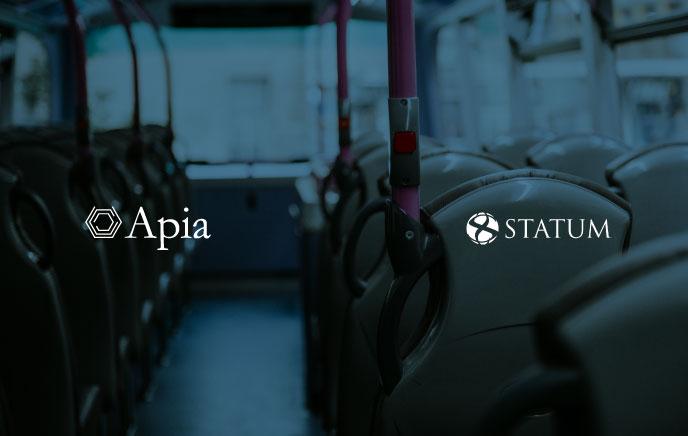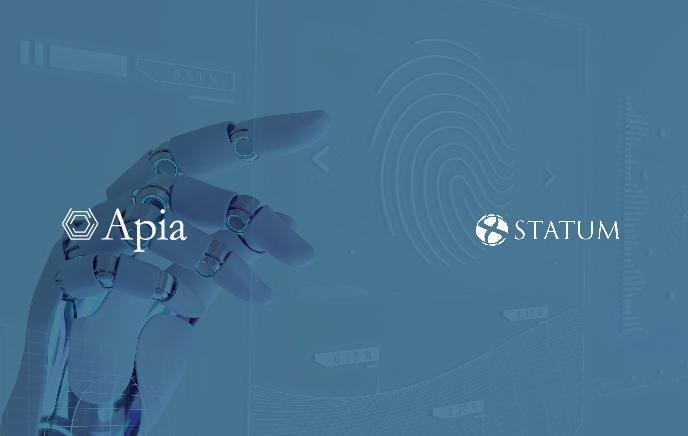El MTOP digitaliza la gestión de permisos ocasionales para el transporte de pasajeros
RESUMEN:
El Ministerio de Transporte y Obras Públicas (MTOP) de Uruguay ha dado un paso importante hacia la digitalización de sus trámites. La implementación del sistema Apia, desarrollado por STATUM, permitió optimizar la gestión de permisos ocasionales para el transporte de pasajeros, lo que facilita las autorizaciones de viajes nacionales e internacionales.
INFORMACIÓN:
El trámite de permisos ocasionales abarca el registro, modificación y baja de autorizaciones para viajes esporádicos, tanto dentro como fuera del país. Las empresas deben cumplir con la normativa vigente, que establece requisitos específicos para los choferes habilitados.
Entre los requisitos se incluyen la categoría de la licencia de conducir y los límites de edad para los choferes, que deben tener entre 25 y 65 años. “Hay toda una normativa con el tema del transporte de pasajeros que exige ciertos requisitos para los conductores”, explicó Russomano.
Optimización y seguridad en los viajes
La modernización del trámite también facilita la planificación de rutas y el cumplimiento de requisitos según la distancia del viaje. Para los trayectos internacionales, el sistema permite especificar los puntos de frontera, la duración estimada y los choferes habilitados.
Russomano explicó que en los viajes largos e internacionales es obligatorio contar con dos conductores habilitados. “De acuerdo a la distancia que se recorre, el permiso tiene que especificar los choferes que van a conducir”, indicó. Esta previsión busca garantizar la seguridad y el cumplimiento de la normativa.
Integración de otros trámites relacionados
El sistema Apia no solo facilita la gestión de permisos ocasionales, sino que también integra otros trámites, como la presentación de seguros y la gestión de usuarios habilitados. Esta integración permite a las empresas acceder a todos los servicios desde un único punto, lo que evita duplicaciones y errores.
Según Russomano, la automatización y centralización de los procesos ha sido clave para mejorar la eficiencia del sistema. “Hoy en día toda la actualización de seguros pasa por ese carril y tiene una demanda periódica porque cada empresa gestiona sus vencimientos de forma independiente”, explicó.
Material de interés relacionado:
El MTOP moderniza el registro de choferes habilitados con el sistema Apia
MTOP agiliza el trámite de bonificación de peaje gracias a una mejora hecha en Apia
Se realizan más de 14.000 renovaciones de permisos de circulación con la tecnología ApiaTrámites
Bonificación de peajes: Trámite en Línea en Ministerio de Transporte y Obras Públicas
MTOP pionero en uso de Expediente Electrónico con Cédula Digital





Comentarios (0)
Deja un comentario